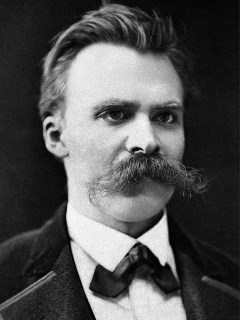
Publication details
Publisher: Palgrave Macmillan
Place: Basingstoke
Year: 2019
Pages: 183-197
Series: Palgrave Studies in Affect Theory and Literary Criticism
ISBN (Hardback): 9783319972671
Full citation:
, "Senses without names", in: Affect theory and literary critical practice, Basingstoke, Palgrave Macmillan, 2019


Senses without names
affective becomings in William Faulkner and Carson Mccullers
pp. 183-197
in: Stephen Ahern (ed), Affect theory and literary critical practice, Basingstoke, Palgrave Macmillan, 2019Abstract
This chapter argues that Nietzsche's philosophy is of central importance to affect theory, particularly in the field of literary criticism. Marsden explores the idea that literary texts generate new and strange affective forces but that these are frequently commuted to normative models of human experience when analyzed by literary critics. Inflecting Brian Massumi's influential work on affect theory with a Nietzschean critique of value, Marsden offers a reading of William Faulkner's The Sound and the Fury and Carson McCullers' The Member of the Wedding, which remains alert to the power of affective becoming to communicate 'senses without names."
Cited authors
Publication details
Publisher: Palgrave Macmillan
Place: Basingstoke
Year: 2019
Pages: 183-197
Series: Palgrave Studies in Affect Theory and Literary Criticism
ISBN (Hardback): 9783319972671
Full citation:
, "Senses without names", in: Affect theory and literary critical practice, Basingstoke, Palgrave Macmillan, 2019


